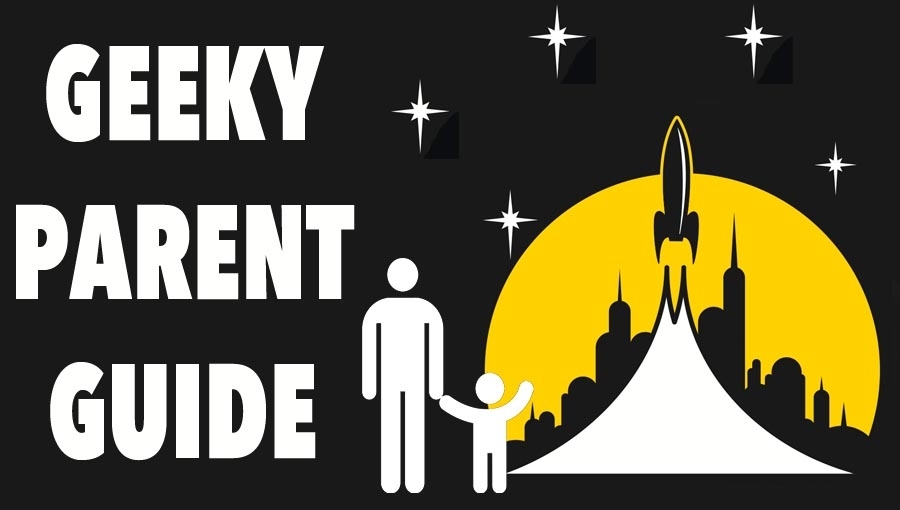Detective Comics #1000 releases on March 27, celebrating 80 years of the iconic character, Batman. What does Batman mean to the world of fiction? To give you an idea of the significance of this character, simply by this one historic comic book release, the list of writers and artists assigned to Detective Comics #1000 is massive, including Jim Lee, Brian Michael Bendis, Joëlle Jones, Greg Capullo, Jonathan Glapion, Tom King, Jordie Bellaire, Dave Stewart, Scott Snyder, Becky Cloonan . . . the list goes on and on (comiXology).
PREVIEW NOTE: You can head over to DC Comics to catch an 8-page preview! (I have to admit this preview is utterly fantastic and draws me in, actually craving the rest to come in this milestone comic book.)
Does having such an extraordinary list of creators working on a project mean that Batman is important? Yes, it sure does. Batman’s story is legendary. It’s devastating, by not only because of the tragic deaths of his parents at such a young age, but the solitary life led by making the choice to be the Caped Crusader. It’s hopeful, because we want to see him succeed, especially in the face of crushing failures – his broken back at the hands of Bane or the murder of Jason Todd.
Such traumatic events in the life of Batman are a constant reminder of how human he is. He’s capable of being injured, and those closest to him are a reminder of the cost linked to being associated with him. Batman can’t protect everyone. He can’t save everyone. Yet in many cases, from the original TV series to movies to comics, Batman finds a way. It’s the essence of hope that is found in the darkest of nights, making Batman a stage for something greater that extends beyond the world of comics.
Batman is hope. His determination. His scowl. The decision to keep fighting in the face of defeat or death. Relentless. Flawed. All of these things are something to grab onto, because his story is a constant reminder that the world is far from perfect. Speaking for the rest of the world, we need that symbol of hope – even if it comes from the fictional world of Gotham City. The Bat-Signal bursting onto comic book pages or the big screen fill us with that sense of relief, knowing that Batman will come to save the day.
If we try to pinpoint the fundamental truth behind Batman, his core comes down to this:
“#Batman is an example of how a person can have every excuse to victimize others or give up on the world, but may still choose who they are, to work towards making themselves & the world better, to help others suffer less from similar tragedies.” – @SizzlerKistler
Not only is Batman himself a beacon in his gloomy world, his stories have brought a wide range of spectacular characters that people love or love to hate. Batgirl. Robin. Nightwing. Alfred. Gordon. Catwoman. Joker. Riddler. Penguin. Poison Ivy. Harley Quinn. Two-Face. Scarecrow. Hush.
It’s an amazing feat to bring a hero back year in and year out, with different allies and villains, various storylines, and an overall appearance that sometimes gets tweaked with each iteration. In Jeph Loeb, Jim Lee, and Scott Wiliams’ Hush, a villain manipulates all-time villains in a scheme to keep Batman off-balance. This mysterious enemy, wrapped in bandages, “…has played the heroes and villains in [his] life like pieces on a chessboard.” Tom King, Mikel Janín, June Chung, and Clay Mann’s The War of Jokes and Riddles sees lines drawn in the sand where villains choose a side, leading to chaos in Gotham.

In both of these stories, like others, Batman is taken to the brink of crossing the one line he’s not supposed to cross: murder. Is it his rule? Is it the only rule? Characters die within Batman’s world, but the premise of being better than those you’re battling could very well be the biggest and brightest symbol. Be better than those that do you harm. Time and time again, we see that this idea is not easy to follow, yet it’s a reason to come back to Batman. We cheer for a hero who aspires to be better than his enemies by not seeking revenge. Batman wants to protect the people of Gotham.
As “the people,” I want that hero in our lives. The person who’s willing to stand up and do what’s right, despite the personal cost, despite the emotionally damaging sacrifices. Isn’t that what makes a hero truly great? It’s not that Batman is perfect, but the simple fact that he continues to fight despite his flaws, despite his errors, and ultimately, in spite of his soulful heart. Yes, Batman has those who want to help him. Yes, he’s been a part of a league of heroes. Though, in the end, his time has been spent realizing that his role as Batman, or his life as Bruce Wayne as a means to an end, will always be.
Courageous. Sad. Alone. Batman is the hero we deserve, because he does so despite ever truly believing he’ll heal from the wounds cast upon him at such a young age. He doesn’t give up. He perseveres. He is Batman.
Until next time, happy parenting and happy geeking.

